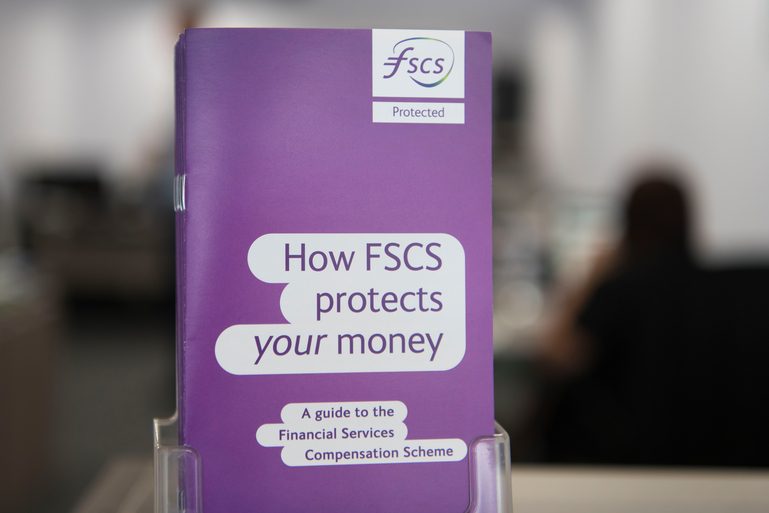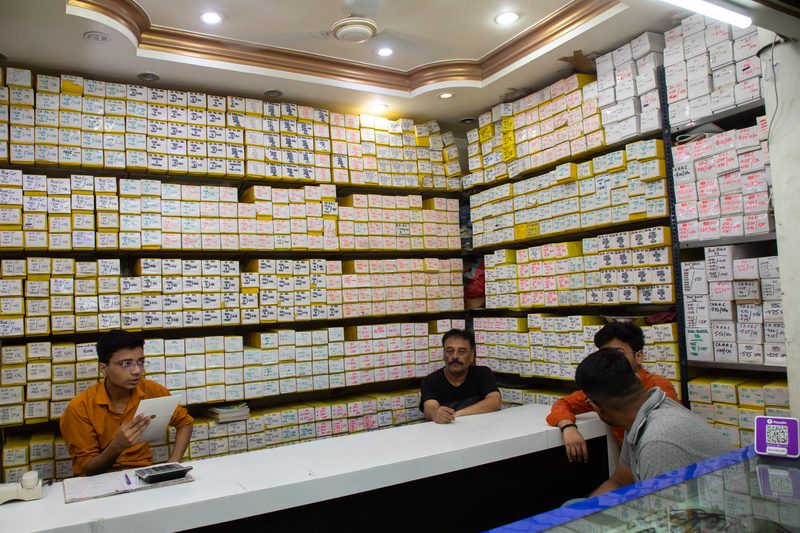What social and inequality-related disclosures should corporates be making? How can these be developed into a framework that can be used and understood by companies and investors alike? Is it possible to build a body of evidence on the system-level inequality and social-related risks companies and investors are exposed to?
These are questions the Task Force on Inequality and Social-related Financial Disclosures (TISFD) hopes to answer. It will formally launch on September 27th with a webinar at 1pm BST. Approximately 25 organisations are contributing to the development of the TISFD’s framework, including investors, NGOs, companies and communities.
Data-driven decisions
The Task Force seeks to ensure companies provide investors with the correct data to make decisions and, crucially, that this data is provided in a consistent format from company to company and geography to geography. The Task Force will then advocate for the uniform adoption of the recommended disclosure requirements by global standard setters.
Inequalities and social issues can have material financial consequences for investors, both at a system level and at an entity-level. Consequently, there has been a marked uptick in the number of investors engaging on social issues in recent years. The TISFD should add some structure to the progress already being made, allowing them to more effectively address their inequality and social-related risks, opportunities and impacts.
The TISFD will follow in the footsteps of the TCFD (Task Force for Climate-related Financial Disclosures) whose disclosure requirements have now been incorporated into the ISSB. It is in this context that the TISFD seeks to develop a framework that can then be adopted by international standard setters, learning from the TCFD’s work in the process.
Map frameworks
The goal is to map the TISFD to the existing frameworks, both the TCFD and TNFD (Task Force on Nature-related Financial Disclosures), thereby strengthening their collective value and reducing companies’ reporting burden. The TISFD will not exist forever, and instead the aim is to work towards global, harmonized, standards.
The expectation is that disclosures will be compatible with both impact and financial materiality, with the framework prioritizing the disclosure recommendations that will most meaningfully allow users to respond to social and inequality-related risks, opportunities and impacts. This planned alignment with existing frameworks is likely to bring relief to companies who may be starting to feel overburdened by the depth and breadth of sustainability reporting being increasingly required from regulators.
Interoperability with the TCFD, TNFD and other regulation beyond this, such as Corporate Sustainability Reporting Directive (CSRD), is likely to be crucial to the TISFD’s successful adoption and this will be a high priority for the task force.
Next steps
Whilst the framework may be voluntary initially, it is likely to be incorporated into sustainability reporting standards in the near future. With this in mind, investors and corporates alike should start thinking now about how it may affect them moving forwards.
Firms can get started by registering for the launch webinar and may consider familiarising themselves with the TISFD’s purpose and approach available on their website. We expect more information to be released following the launch, with a draft framework scheduled for release in September 2025, before being opened up for consultation, piloting and refining prior to formally launching in September 2026.
Corinne Tomsett specialises in industry frameworks including the Principles for Responsible Investment (PRI) where she joined Danesmead ESG from. Danesmead ESG provides ESG services for investment managers, specialising in Private Equity and Hedge Funds.


















